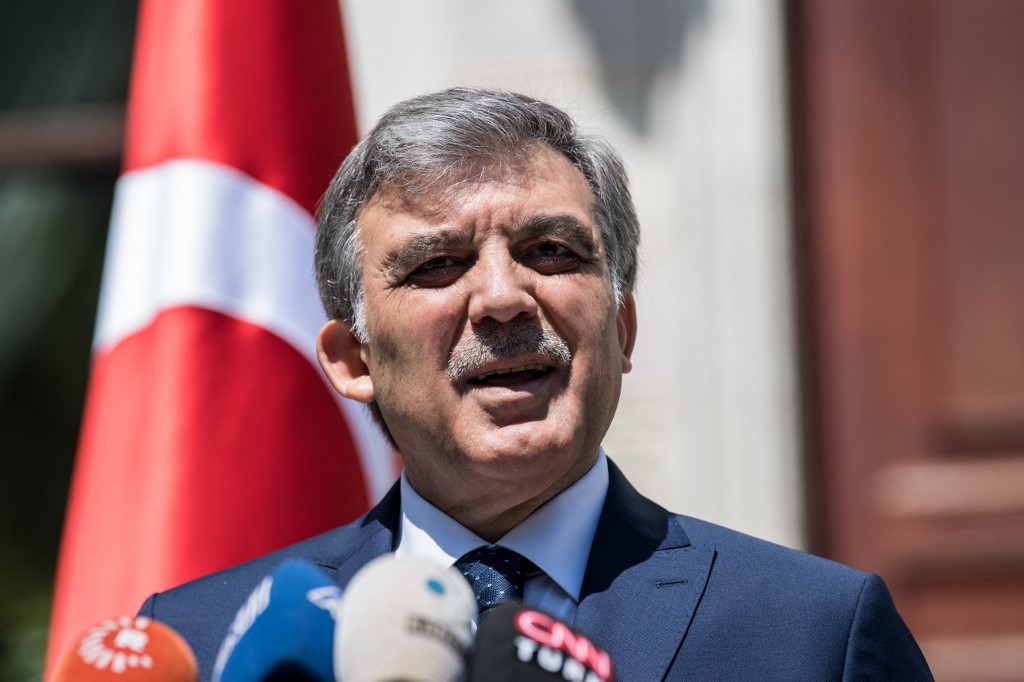Turkey’s 11th president, Abdullah Gül, has expressed support for a recent move by the country’s main opposition leader, who suggested the introduction of legal guarantees for women who choose to wear the Islamic headscarf.
Main opposition Republican People’s Party (CHP) leader Kemal Kılıçdaroğlu announced earlier this week that his party would submit a bill to parliament to guarantee headscarf freedom.
The CHP, a secular party, has frequently been accused by President Recep Tayyip Erdoğan of imposing a ban on the wearing of headscarves in the past. Kılıçdaroğlu said his party wants to save the headscarf from being abused by politicians.
“It is necessary to congratulate Mr. Kemal for leading such a transformation,” said former president Gül in remarks published by the Karar daily on Thursday.
Gül said it is important for a party like the CHP, which has for years seen opposition to wearing headscarves as an important mission, leading to great suffering among women, to see its mistake and make up for it.
Gül was also a victim of the headscarf ban in Turkey. When he ran for the presidency in 2007, the military and secularist establishments opposed his candidacy because his wife, Hayrunnisa, wore a headscarf. Large rallies, called “Republic Rallies,” were held across the country to defend secularism.
Despite the opposition from the secularists, Gül was elected president after his Justice and Development Party (AKP) won a sweeping victory in the general election, which was held earlier than scheduled to break a deadlock over the election of the new president in 2007.
A strict version of secularism was in place after the establishment of the Republic of Turkey in 1923, and wearing headscarves in public institutions was prohibited in the 1980s.
The ruling AKP removed a ban on the wearing of headscarves at Turkish universities in 2010, while the same ban was abolished for civil servants in 2017.
Although the prohibition is no longer in place, Erdoğan keeps alluding to it to shore up his base, and the pro-government media is stoking the fears of AKP voters that the CHP, if it comes to power, will reintroduce the ban.
Turkey is scheduled to hold presidential and parliamentary elections in 2023.



